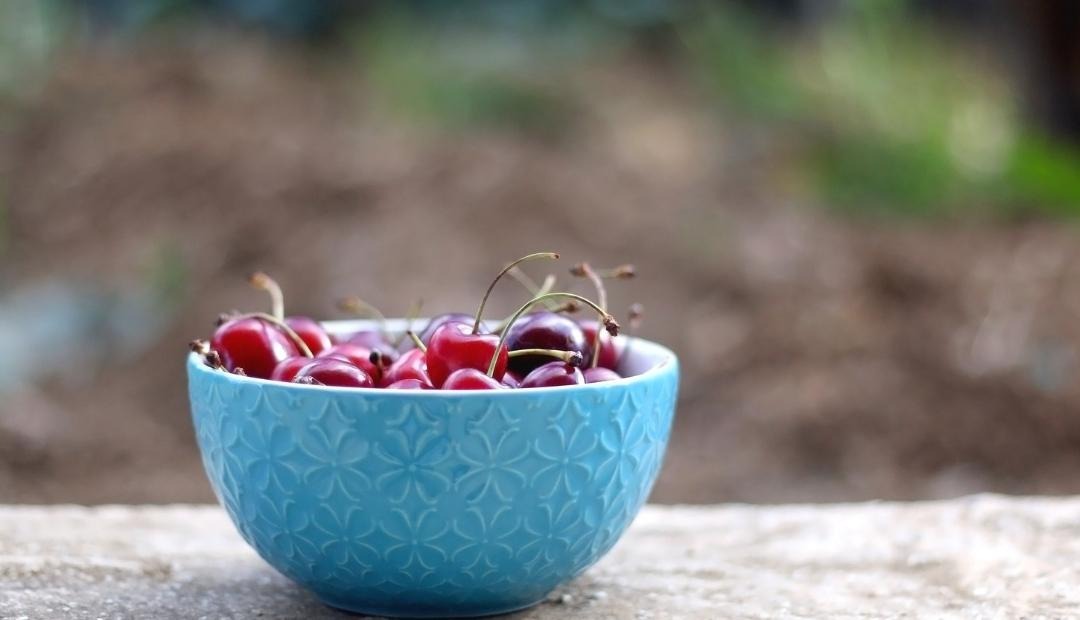Quality sleep is essential for maintaining overall health, ensuring we remain energetic and focused throughout the day. For residents in apartments near University of Texas at San Antonio, achieving restful nights is crucial to handle the demands of daily life effectively. Unfortunately, not everyone gets the amount of sleep they need, which can negatively impact various aspects of health.
Insufficient sleep can result in irritability, poor concentration, daytime fatigue, and drowsiness. Moreover, chronic sleep deprivation can elevate the risk of serious health conditions such as heart disease, diabetes, and depression.
Fortunately, there are certain foods that can promote better sleep. Incorporating these foods into your diet might help improve the quality of your sleep and ensure you wake up refreshed.
Brown Rice
Do you regularly eat fiber-rich foods? According to studies, more fiber consumption has been linked to longer, higher-quality sleep.
Due to its anti-inflammatory properties, fiber could prevent blood sugar spikes that would otherwise lower melatonin levels. On average, Americans consume only 13 grams of fiber per day, which is less than half of what they should.
Whole grains like brown rice, oats, and barley can be added to your diet to increase your intake of fiber.
Soy Foods
A variety of soy foods, such as edamame, and tofu, contain a high amount of isoflavones. These compounds increase serotonin levels in the brain, the chemical that controls sleeping and waking patterns.
Adults who consumed at least two servings of soy per day slept longer and had better sleep quality, according to recent studies.
Consider eating soy products as a regular part of your diet. Start with small amounts at first if you're not used to the taste. You can replace meat with soy at least once a week, and then gradually increase your consumption.
Fatty Fish
Good news for those who like eating fatty fish: A variety of health benefits are associated with fatty fish such as salmon, mackerel, trout, and tuna - including better sleep quality.
These foods are high in vitamin D and omega-3 fatty acids, which may help you get better sleep due to their ability to greatly enhance serotonin production. Serotonin is required for your body to produce melatonin, which is the hormone that helps you feel sleepy.
A study found that people who ate salmon for six months were able to fall asleep 10 minutes faster than those who ate meat. Ultimately, the researchers discovered that vitamin D was responsible for the benefits, with omega-3 also contributing to improved heart rate regulation.
Kiwi
Sleep and kiwis go hand in hand. You may benefit from eating kiwis because they contain sleep-enhancing substances like potassium, melatonin, and flavonoids.
Researchers discovered that eating two kiwis an hour before bed every night for four weeks resulted in increased sleep duration and quality. It has also been found to help you fall asleep faster.
Tart Cherries
Did you know that there is a direct link between cherries and sleeping better? Four different compounds found in cherries regulate sleep: melatonin, serotonin, potassium, and tryptophan.
Scientists believe that polyphenol antioxidants in tart cherries may also regulate sleep. These antioxidants could aid in the relief of sore muscles and the improvement of cognitive function.
Additionally, tart cherries make a great pre-bedtime snack that is high in fiber, vitamin C, and vitamin E.
Foods often contain vitamins, minerals, and chemicals that help regulate sleep cycles. Many foods that promote sleep are nutrient-rich and generally safe for consumption, so anyone who is not allergic to them should be able to consume them in moderate amounts. If you want to sleep better each night, try incorporating these foods into your diet.
Oxford at Medical Center Apartments in San Antonio, TX



